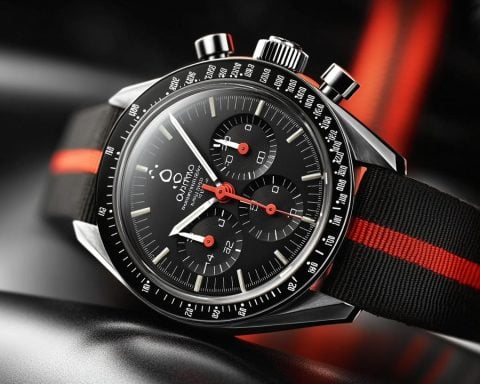The drawn-out negotiations between Indonesia and Russia for the purchase of Su-35 fighter jets have recently seen a shift towards alternatives, despite Russia’s continued optimism about the deal’s revival. Indonesian political dynamics have frozen the agreement since 2021, but Russia remains hopeful that a change in Indonesia’s political climate could reignite the contract.
Currently, Indonesia is exploring alternative aircraft to modernize its air force, prompted by both political complexities and financial constraints. One serious contender is the American-made F-15EX, a state-of-the-art aircraft that promises unparalleled combat capabilities. However, the high cost and entanglements in U.S.-Indonesia relations could pose significant hurdles.
The Swedish Saab JAS 39 Gripen is another promising candidate, praised for its cost-effectiveness and operational efficiency. Although it lacks some of the Su-35’s raw power, its affordability and integration capability make it attractive for Indonesia. This strategic choice underscores a pragmatic shift in Indonesia’s defense procurement, balancing performance with budget constraints.
Additionally, Indonesia is considering an upgrade to the latest F-16V Viper variant, which would enhance air defense without overhauling its existing fleet. The F-35, though technologically superior, remains an unlikely option due to its prohibitive cost and geopolitical complexities.
Indonesia’s decision will be influenced by a need to foster strong diplomatic ties while modernizing its military capabilities. As international sanctions against Russia continue, Indonesia’s relationship with global powers like the U.S. will play a pivotal role in shaping its defense strategy, possibly redirecting focus away from the Su-35 jets towards more viable alternatives.
Indonesia’s Fighter Jet Dilemma: Beyond the Headlines
As Indonesia re-evaluates its air force modernization strategy, the shifting dynamics around its fighter jet procurement raise significant questions and spark intriguing debates about global defense alliances and geopolitical strategies.
Implications for Indonesia’s Defense Strategy
The decision on which fighter jet to procure affects not only Indonesia’s military capabilities but also its diplomatic relations and economic strategies. With growing tensions in the Asia-Pacific region, maintaining a strong air defense is crucial for Indonesia to assert its sovereignty and secure its airspace. However, the choice of aircraft carries different geopolitical implications, which have long-term consequences for Indonesia’s defense partnerships.
Economic Impact on Local Communities
Investments in defense technology have ripple effects on local economies. If Indonesia opts for American or Swedish jets, it could mean increased collaboration in terms of technology transfers, training, and local manufacturing, potentially boosting the aerospace sector in Indonesia. These collaborations could create jobs, foster technical expertise, and enhance Indonesia’s industrial base.
Interesting Facts: Comparing the Candidates
Did you know that the F-15EX is currently among the most advanced and fastest jets in the U.S. arsenal? It boasts advanced avionics and sensors that give it a significant edge in air superiority missions. On the other hand, the Saab JAS 39 Gripen is known for its nimbleness and cost-effectiveness, often dubbed the “budget-friendly” fighter due to its lower operational cost and ease of maintenance.
Questioning the Viability of Each Option
Why might Indonesia shy away from Russian jets? The ongoing sanctions against Russia complicate any potential deals, risking future maintenance and parts acquisition challenges. What about the F-35? Its advanced capabilities come with a steep price tag and complex maintenance requirements, potentially straining Indonesia’s defense budget.
Controversies and Diplomatic Intrigues
Choosing between Western and Russian military hardware is not just a matter of capability but also an indicator of political alignment. Indonesia’s decision will reflect its broader strategic orientation in aligning with global powers. The choice could lead to tensions with nations that vie for influence over Southeast Asia.
The Larger Geopolitical Puzzle
How does this choice fit into the region’s security landscape? Neighboring countries cautiously watch Indonesia’s decision as it could signal broader shifts in regional alliances and power balances in Asia. This geopolitical puzzle necessitates careful consideration beyond just defense needs.
Exploration of Alternatives and Resources
For those intrigued by the evolving landscape of military aviation, the latest updates on aircraft and defense technology can be explored further on sites like Lockheed Martin and Saab.
As Indonesia contemplates its next move in modernizing its air force, it is clear that its decision will have far-reaching impacts beyond just military capability. From economic benefits to diplomatic alignment, the path it chooses will shape the nation’s standing in the regional and global arenas.






















